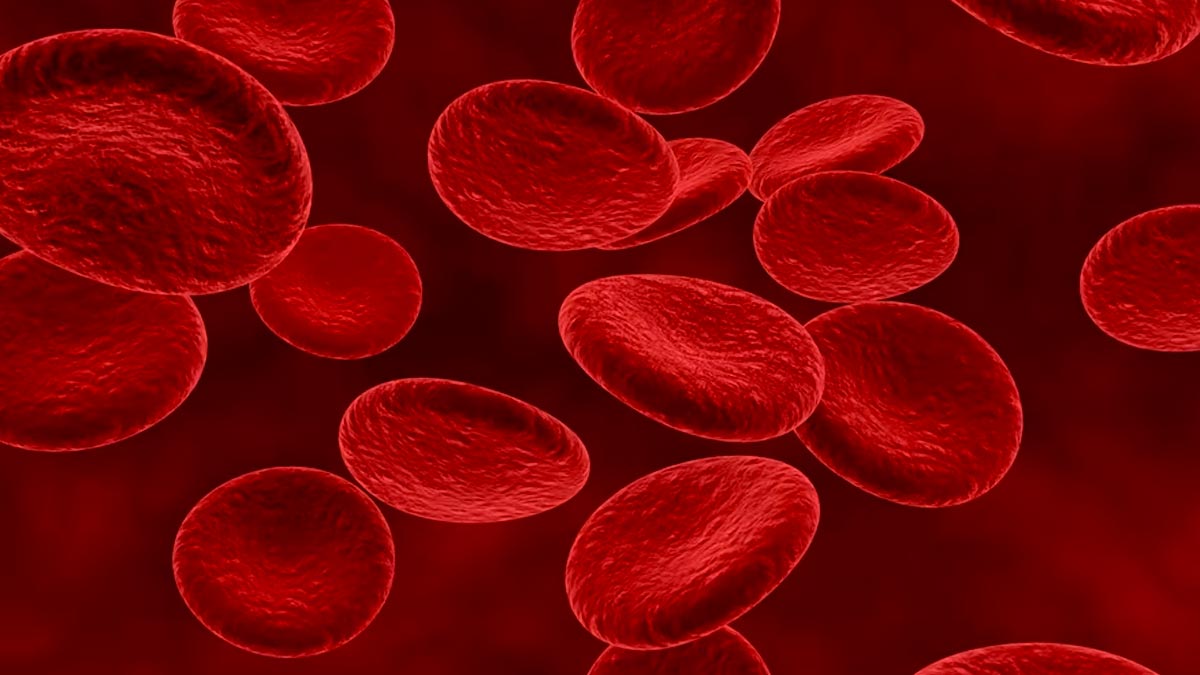
In a significant step towards addressing the widespread impact of sickle cell anaemia, Prime Minister Narendra Modi initiated the National Sickle Cell Anaemia Elimination Mission on June 27th.
This life-threatening disease has affected over 70 million individuals belonging to tribal communities residing in 17 states across India, including Odisha, Chhattisgarh, Jharkhand, Gujarat, Maharashtra, Madhya Pradesh, Tamil Nadu, and Kerala.
The Sickle Cell Anaemia Mission 2047 is a long-term attempt envisioned to safeguard the health and well-being of countless individuals affected by this condition.
By adopting a multi-pronged approach, the mission aims to provide comprehensive healthcare services, awareness campaigns, and advanced treatment options to affected communities.
Furthermore, it aims to enhance research and development efforts, emphasising collaborations between central and state agencies to effectively combat sickle cell anaemia.
What Is Sickle Cell Anaemia
According to Dr Sanjay Chaudhary, MBBS, MD, Vardhman Mahavir Medical College, sickle cell anaemia is an inherited condition that affects the structure of haemoglobin, the protein responsible for carrying oxygen in red blood cells.
This genetic alteration causes red blood cells to become stiff, sticky, and assume a crescent or "sickle" shape.
As a result, these abnormal cells do not flow smoothly through blood vessels, leading to various complications. As per Genetics Home Research, sickle cell anaemia is most prevalent among people of African, Mediterranean, Middle Eastern, and Indian descent.

Also read: Sickle Cell Anaemia: Symptoms, Causes & Treatment
Challenges Faced By People
“People living with sickle cell anaemia often experience chronic pain due to blocked blood flow and tissue damage. This pain crisis can be debilitating, impacting the quality of life and hindering daily activities,”said Dr Chaudhary.
According to the Centre for Disease Control and Prevention, this disease increases the risk of infections, anaemia, organ damage, stroke, and other complications.
Promoting Awareness And Support
Increasing awareness about sickle cell anaemia is important to fostering understanding, empathy, and support for affected individuals and their families. Education campaigns, community outreach programs, and advocacy efforts play a vital role in dispelling myths, combating stigmas, and promoting early diagnosis.

Governments, healthcare organisations, and non-profit groups are working together to improve access to comprehensive care, including genetic counselling, regular health screenings, and specialised treatment centres. It is essential to create a supportive environment that empowers individuals with sickle cell anaemia to lead fulfilling lives and pursue their dreams.
Also read: Crescent Shaped Cells: Understanding Sickle Cell Anaemia
Way Forward
Sickle cell anaemia continues to be a significant global health challenge, but there is a growing sense of optimism surrounding its management and potential eradication. Advances in medical research, innovative treatment options, and increased awareness are transforming the lives of individuals living with sickle cell anaemia.
By supporting ongoing efforts, we can make a difference in the lives of millions and work towards a future where sickle cell anaemia is no longer a barrier to a healthy and fulfilling life.
[Disclaimer: The information in this article is provided by a registered medical practitioner. However, we recommend you consult your healthcare provider for accurate diagnosis and treatment.]







